Mission
Our mission is to provide exceptional scientific services and resources to support the research goals of Texas Biomedical Research Institute’s (Texas Biomed) faculty and external collaborators.

Office of the Vice President, Research
Vision
The Integrated Research and Technology Core Facilities aspire to be the only source for fully integrated vivarium, analytical and experimental services for our organization while engaging users to ensure their research needs are met with total satisfaction. In addition to our direct services, we provide scientific consultation services that enhance the quality and impact of scientific research.
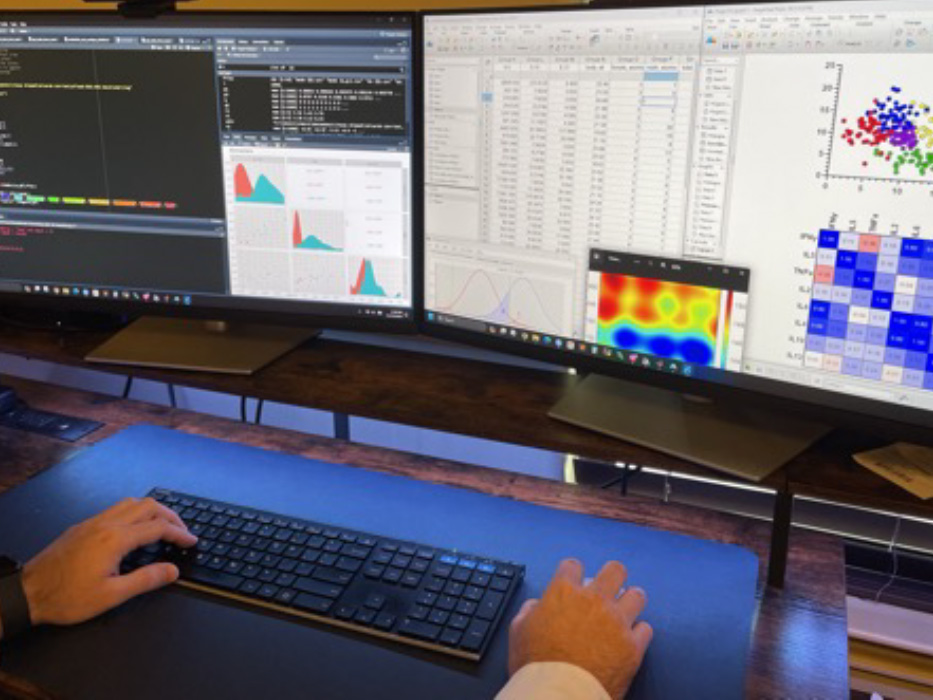
Data Analysis Unit
The Data Analysis Unit provides high-quality statistical and data analysis support while promoting excellence in study design, analytics and interpretation of results.
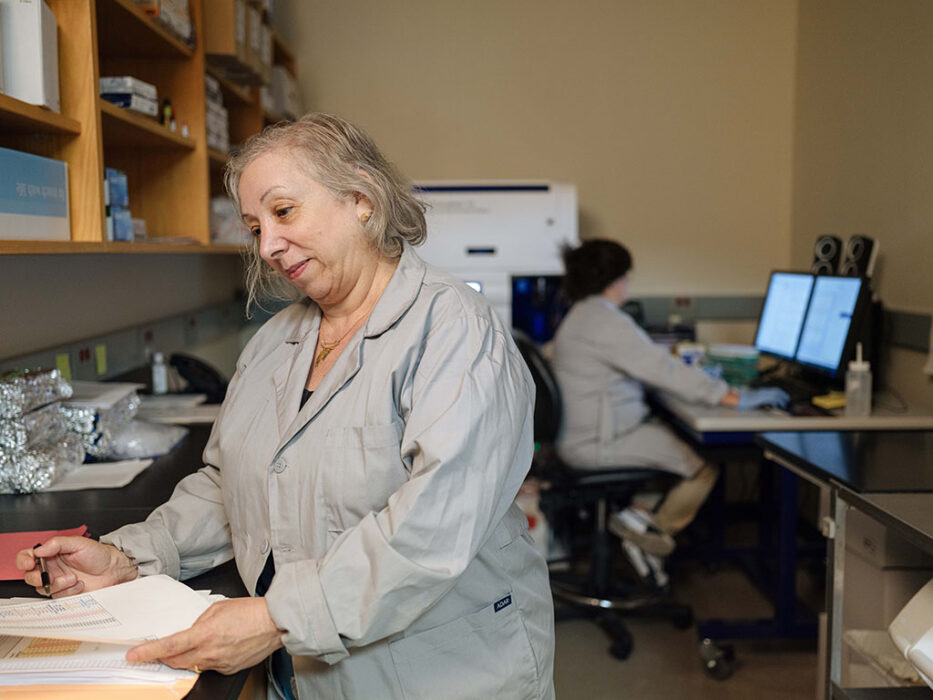
Cellular Biology Unit
The Cellular Biology Unit empowers researchers and future scientists in cellular biology and immunology by providing valuable expertise and affordable access to innovative technologies.
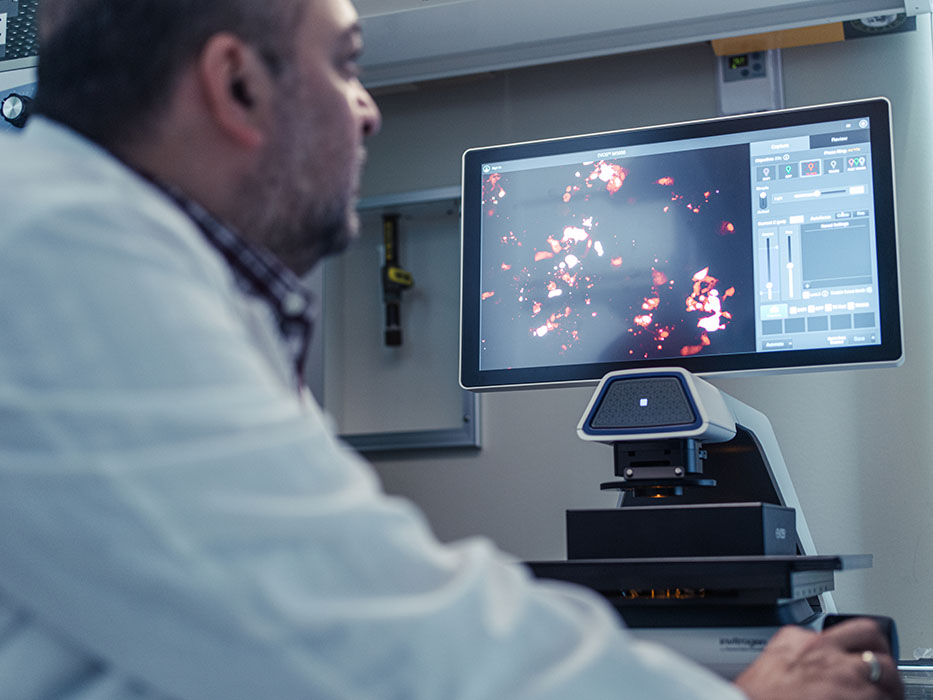
Microscopy Unit
The Microscopy Unit facilitates and enhances research through sophisticated imaging at various scales, from the subcellular level to full thickness tissue.
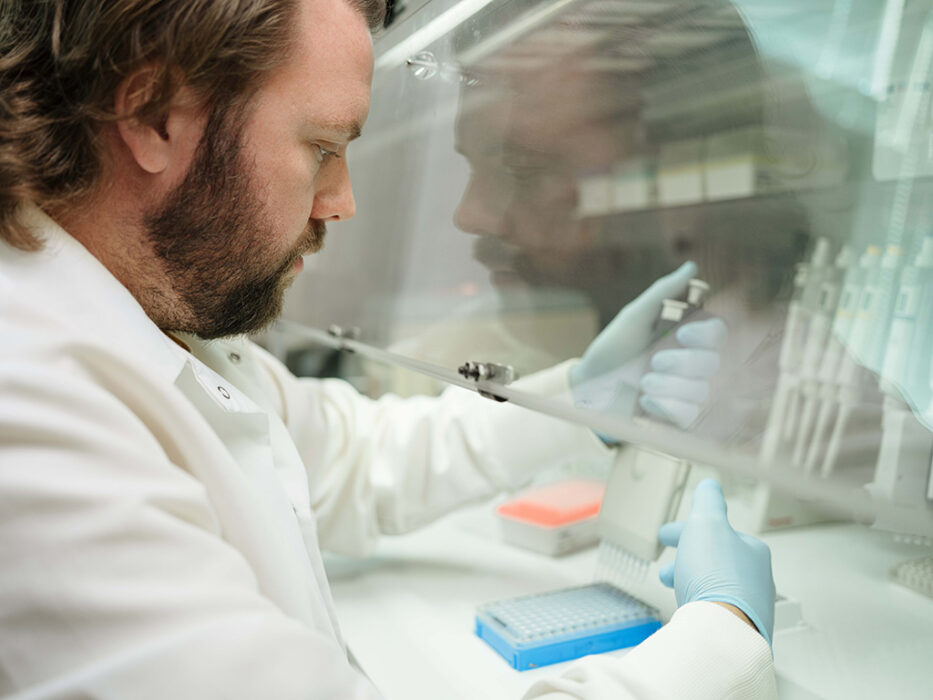
Molecular Unit
The Molecular Unit provides a foundation of centralized access to multi-omics technology, service, and support to advance innovative and collaborative research.
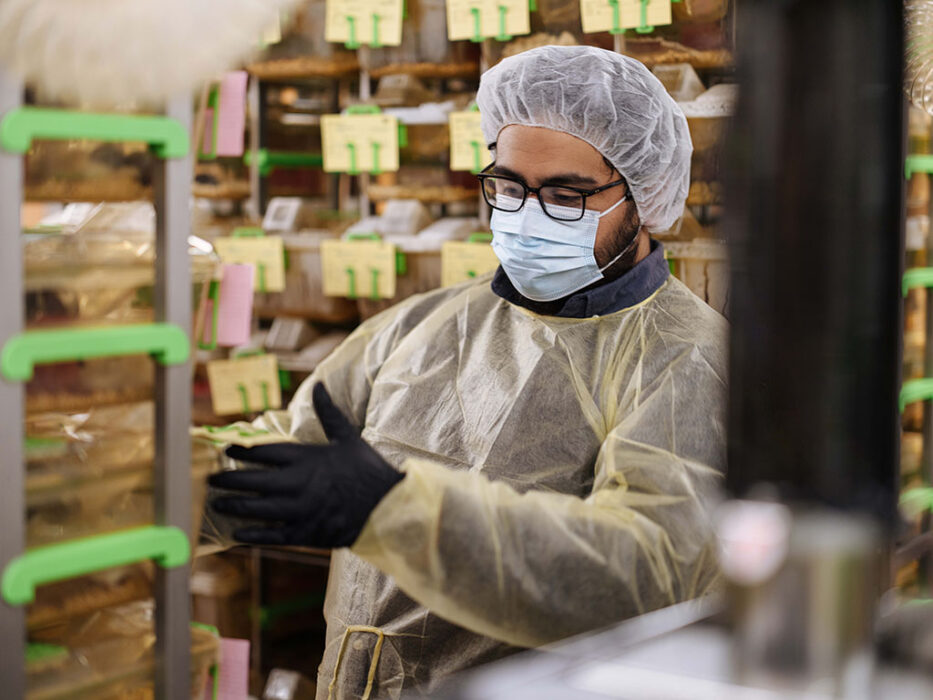
Vivarium Unit
The Vivarium facilitates ethical and humane animal studies in a safe and collaborative environment.
Core Service Request
To learn more, please complete this form and you will be contacted by the Unit Manager




